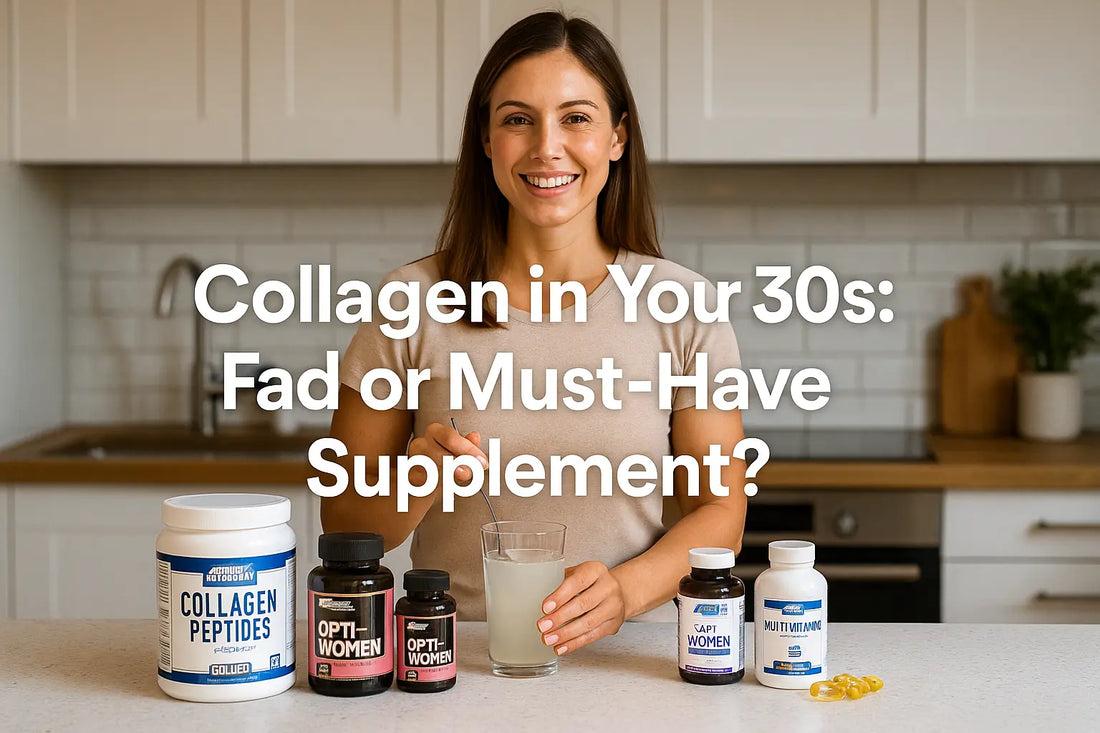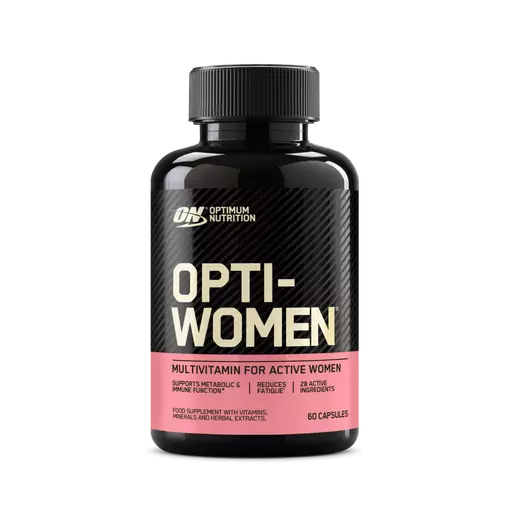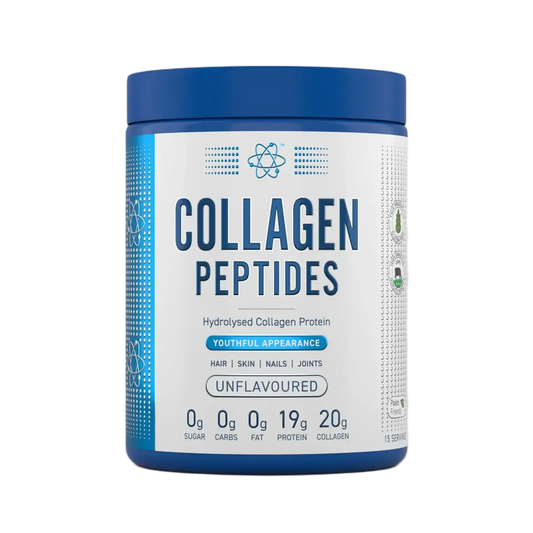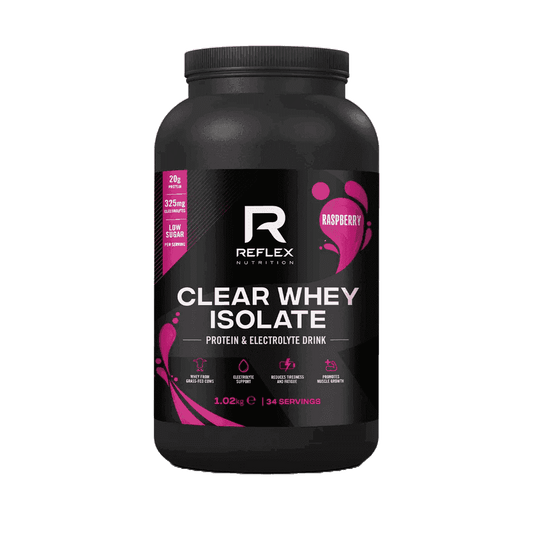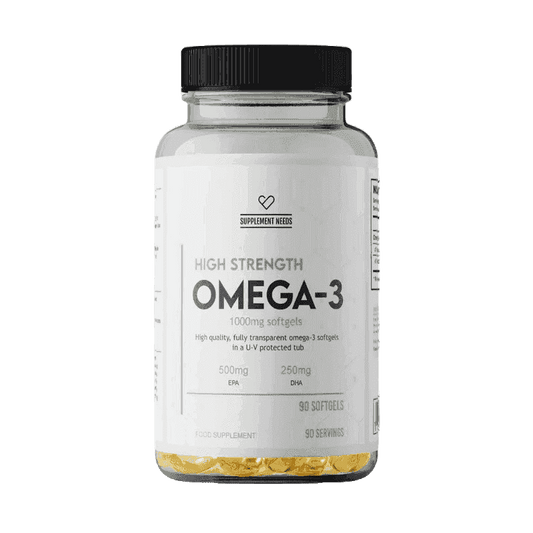Introduction: Collagen and the Big 3‑0
Turning 30 is a milestone. It’s the decade when you’re balancing career, family, fitness, and self‑care — and when you first start noticing subtle changes in your body. Your skin doesn’t bounce back quite as quickly, recovery from a tough gym session takes longer, and you might catch yourself googling “best anti‑ageing supplements UK.”
One supplement keeps appearing in those searches: collagen. Long associated with beauty and skin health, collagen has moved into the fitness and wellness mainstream. But is collagen in your 30s a must‑have, or just the latest wellness fad?
Let’s break down what the science says, how collagen works, and whether it deserves a permanent spot in your supplement stack.
What Exactly Is Collagen — and Why Does It Matter in Your 30s?
Collagen is the most abundant protein in the human body. It’s the “glue” that holds everything together — from your skin and hair to your muscles, tendons, and joints. Think of it as the scaffolding that keeps your body strong and youthful.
The catch? From around age 25, your natural collagen production starts to decline by about 1–2% each year. By the time you hit your 30s, the signs become noticeable:
-
Skin loses elasticity and hydration, leading to fine lines.
-
Hair may lose some of its thickness and shine.
-
Joints and connective tissue may feel less resilient.
-
Recovery from training becomes slower.
This is why more and more people are turning to collagen supplements UK, especially hydrolysed collagen peptides, which are designed for easy absorption.
Products like Applied Nutrition Collagen Peptides – 300g have become popular because they deliver collagen in a form your body can actually use — rebuilding that structural scaffolding that slowly erodes with age.
Do You Actually Need Collagen Supplements?
The million‑pound question: do you need them, or can you get by without?
Technically, collagen isn’t an essential nutrient in the way vitamins or minerals are. Your body can make it — but as production naturally slows, supplementation provides the raw materials your body struggles to produce on its own.
For women and men in their 30s, the case for collagen looks strong:
-
Skin health: Clinical studies show collagen peptides improve hydration and elasticity.
-
Joint support: Hydrolysed collagen has been linked to reduced joint discomfort in active adults.
-
Recovery: Combining collagen with Reflex Clear Whey Isolate supports both connective tissue and muscle recovery.
-
Anti‑ageing: Collagen is increasingly recommended as part of anti‑ageing supplements UK strategies.
So while you could go without, most people in their 30s who try collagen notice tangible benefits after a few months of consistent use.
Does Collagen Improve Skin Elasticity?
This is the benefit that made collagen famous — and yes, research backs it up. Hydrolysed collagen peptides have been shown in multiple studies to increase skin elasticity and hydration while reducing the depth of wrinkles.
It works by stimulating fibroblasts — the cells that produce collagen in your skin — encouraging them to keep working even as you age. The result: skin that looks plumper, smoother, and healthier.
Applied Nutrition Collagen Peptides – 300g is a standout here because it’s hydrolysed, meaning the collagen proteins are broken down into smaller peptides your body can easily absorb and use.
Is There a Downside to Taking Collagen?
For most healthy adults, the downsides are minimal. Collagen peptides are generally well‑tolerated, with few reported side effects. Some may experience mild digestive discomfort at higher doses, but this is rare and usually solved by splitting the dose across the day.
The bigger “downside” might be unrealistic expectations. Collagen isn’t a magic pill. You won’t wake up wrinkle‑free after a week. It works gradually, with most benefits becoming noticeable after 8–12 weeks of daily use.
Stacking collagen with other staples such as Supplement Needs Omega 3 (for joint lubrication and inflammation support) and Applied Nutrition Ashwagandha (for stress and hormone balance) creates a more comprehensive approach to wellness in your 30s.

How to Increase Collagen Naturally
While supplementation is highly effective, you can also support collagen production naturally through diet and lifestyle:
-
Protein‑rich foods: Lean meats, fish, eggs, and dairy
-
Vitamin C: Found in citrus fruits and peppers, helps collagen synthesis
-
Zinc and Copper: Trace minerals essential for collagen production
-
Good sleep and stress management: Chronic stress and poor rest accelerate collagen breakdown
-
Avoid smoking and excess sun exposure: Both are collagen killers
This is why many people stack collagen with a multivitamin such as Applied Nutrition Multi‑Vitamin Complex — to ensure the necessary cofactors for collagen synthesis are present.

How Long Does It Take to See Collagen Results?
Patience is part of the collagen game. Most studies and user experiences show noticeable changes after 8–12 weeks of daily use.
What you may notice first:
-
Stronger nails that no longer break easily
-
Reduced joint stiffness during workouts
-
Skin feeling more hydrated and supple
Over longer periods (3–6 months), improvements in hair thickness, reduced fine lines, and enhanced recovery from training tend to become more visible.
To speed up results, combine collagen with:
-
Reflex Clear Whey Isolate for muscle protein synthesis
-
Optimum Nutrition Opti‑Women for vitamin and mineral support
-
Supplement Needs Omega 3 for anti‑inflammatory effects
Recap of Part 1
So far, we’ve answered the big questions:
-
Collagen production naturally declines in your 30s.
-
Supplements like Applied Nutrition Collagen Peptides can help restore what your body loses.
-
Benefits include improved skin elasticity, better joint health, and enhanced recovery.
-
Results take time — typically 2–3 months of daily use.
-
Supporting collagen with diet, multivitamins, and omega‑3 can accelerate results.
👉 Coming in Part 2:
We’ll explore whether collagen is better than protein powder, potential side effects, how to tell if you need collagen, and when you should ideally start supplementing. We’ll also cover the full product stack to maximise collagen benefits and finish with a detailed FAQ section.
Collagen in Your 30s: Fad or Must‑Have Supplement? (Part 2)

Is Collagen Better Than Protein Powder?
It’s a common question: if you’re already taking protein powder, do you really need collagen? The truth is they serve different — but complementary — purposes.
Protein powder, such as Reflex Clear Whey Isolate, is designed to supply essential amino acids for muscle repair and growth. It’s rich in leucine, the amino acid most critical for stimulating muscle protein synthesis.
Collagen, particularly in the form of Applied Nutrition Collagen Peptides – 300g, provides different amino acids — like glycine, proline, and hydroxyproline — that specifically support connective tissue, skin, hair, and joint health.
So, it’s not about one being better than the other. Think of it as building a complete toolkit:
-
Protein powder = muscle and strength support
-
Collagen peptides = structural, skin, and joint support
Stacking the two creates a balanced approach for women in their 30s who want both performance and anti‑ageing benefits.
Does Taking Collagen Have Any Negative Side Effects?
For most people, collagen supplements are extremely safe. Hydrolysed collagen is broken down for easy digestion, and products like Applied Nutrition Collagen Peptides are specifically designed for maximum absorption.
The main reported side effects are mild digestive issues such as bloating or a feeling of fullness, typically when very high doses are taken. Splitting your daily intake into two smaller servings usually solves this.
As with any supplement, it’s important to source from trusted UK suppliers — which is why many women choose Applied Nutrition products for peace of mind.
How Can You Tell If You Need Collagen?
Wondering if collagen is for you? Here are some common signs that your body could benefit from additional support:
-
You’re noticing fine lines or drier skin than before.
-
Your hair feels thinner or your nails break easily.
-
You experience joint stiffness during workouts or first thing in the morning.
-
Your recovery from training feels slower than it used to.
-
You’re in your early to mid‑30s and want to be proactive about anti‑ageing.
Collagen won’t instantly erase these issues, but taken consistently, it supports your body’s natural processes — helping you look and feel your best through your 30s.

What Age Should You Take Collagen?
While collagen production begins to decline around 25, your 30s are the prime time to start supplementing if you haven’t already. This is when the early signs of ageing and reduced recovery first become noticeable, but before more significant changes occur.
Starting now means you’re building a long‑term foundation. Just as you’d take a multivitamin like Optimum Nutrition Opti‑Women to cover essential micronutrients, collagen acts as a structural insurance policy for your skin, joints, and connective tissue.
Collagen and Other Anti‑Ageing Allies
To maximise the benefits of collagen, stack it with supplements that target related aspects of health and wellness:
-
Applied Nutrition Collagen Peptides – 300g: structural support for skin, hair, nails, and joints
-
Reflex Clear Whey Isolate: lean muscle recovery and performance
-
Supplement Needs Omega 3: reduces inflammation and supports joint health
-
Applied Nutrition Multi‑Vitamin Complex: covers essential cofactors for collagen synthesis
-
Applied Nutrition Ashwagandha: supports stress management and hormone balance
-
Optimum Nutrition Opti‑Women: comprehensive daily vitamin and mineral support
Together, this stack delivers a powerful combination of beauty, health, and performance support — exactly what women in their 30s are searching for.
FAQs: Collagen in Your 30s
Does collagen really work for women in their 30s?
Yes. Research shows collagen peptides improve skin elasticity, hydration, joint health, and even workout recovery when taken consistently.
Is collagen a fad or proven supplement?
It’s proven. Clinical studies back its benefits, especially when using hydrolysed collagen peptides like those in Applied Nutrition Collagen Peptides.
What type of collagen is best for skin and hair?
Hydrolysed collagen peptides, particularly Types I and III, are best for skin, hair, and nails.
When should you start taking collagen?
Ideally from your mid‑20s, but your 30s are the perfect time to start before collagen decline becomes more noticeable.
Does collagen improve skin elasticity?
Yes. Studies consistently show improvements in skin elasticity and hydration after 8–12 weeks of daily use.
How long does it take to see collagen results?
Most women notice stronger nails and less joint stiffness in 4–6 weeks, with skin and hair improvements typically visible after 8–12 weeks.
Is collagen better than protein powder?
They’re different but complementary. Use protein powder for muscle recovery and collagen for skin and joint health.
Are there any downsides to collagen supplements?
Side effects are rare. Some women report mild bloating, but this is usually resolved by splitting the dose.

